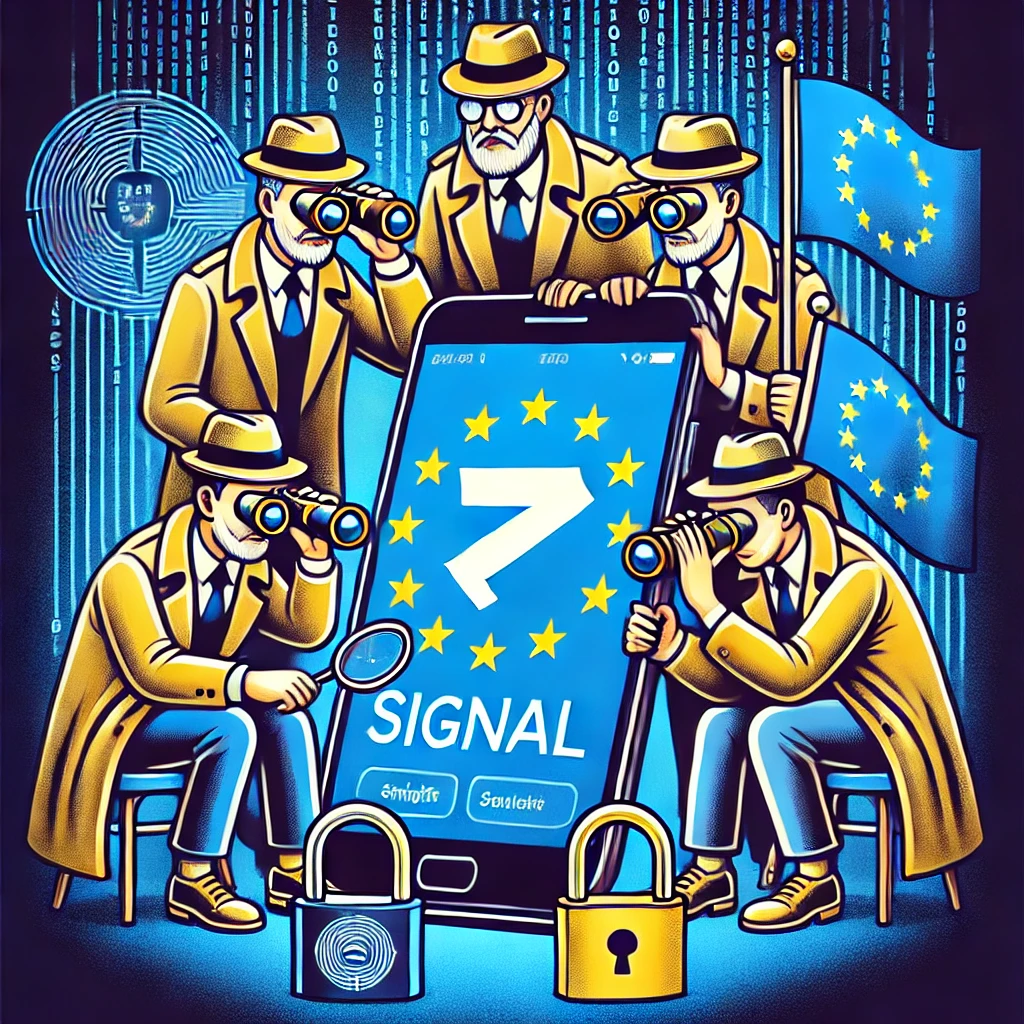Introduction
The European Union (EU) has introduced a contentious proposal to mandate the scanning of private messages to detect Child Sexual Abuse Material (CSAM). The proposal has sparked significant debate and opposition, particularly from privacy advocates like the Signal Foundation, which maintains the privacy-centric messaging service, Signal.
Background on the EU Proposal
The EU’s proposal aims to combat the pervasive issue of CSAM by implementing a mechanism called “upload moderation.” This provision requires that messages be scanned for CSAM before encryption, theoretically allowing service providers to intercept and report illegal content. However, the scope of this law notably excludes audio communications and mandates user consent for detection under the service provider’s terms and conditions.
Signal Foundation’s Stance
Meredith Whittaker, president of the Signal Foundation, has voiced strong opposition to the proposal, asserting that such measures fundamentally undermine end-to-end encryption (E2EE). According to Whittaker, any form of mass scanning or key escrow system effectively weakens encryption, leaving a backdoor that can be exploited by malicious actors and nation-state hackers. She emphasizes that E2EE must protect all users without exception to maintain security and privacy integrity.
Privacy vs. Public Safety: A Delicate Balance
The proposal highlights the ongoing tension between ensuring public safety and preserving individual privacy. Law enforcement agencies, represented by Europol, argue that E2EE can obstruct access to critical evidence needed to combat serious crimes, including child exploitation. Europol advocates for a balanced approach that allows the identification and reporting of harmful content without compromising overall security.
Historical Context and Industry Reactions
The debate is not new. Apple faced similar backlash in 2022 when it proposed a client-side scanning system for detecting CSAM. The plan was eventually shelved due to widespread criticism from privacy and security experts, who warned of potential abuse and the slippery slope of expanding surveillance capabilities.
The Risks of “Upload Moderation”
Signal’s Whittaker likens “upload moderation” to inserting a backdoor into encryption protocols. She warns that such measures could lead to bulk surveillance and unintended consequences, eroding the fundamental principles of secure communication. Whittaker stresses that compromising E2EE at a time of geopolitical instability is particularly dangerous, potentially exposing users to heightened risks.
Legal and Ethical Implications
The ethical implications of the EU’s proposal are profound. Mandating the scanning of private messages raises significant concerns about user consent, data privacy, and the potential for misuse. Privacy advocates argue that any weakening of encryption disproportionately affects marginalized and vulnerable populations, who rely on secure communications to protect themselves from oppressive regimes and criminal elements.
Technical Challenges and Alternatives
Implementing the proposed scanning measures presents numerous technical challenges. Ensuring that only illegal content is flagged without violating the privacy of legitimate communications is a complex task. Alternatives to mass scanning include enhancing metadata analysis, improving reporting mechanisms, and fostering better cooperation between tech companies and law enforcement.
The Global Perspective
Globally, the issue of encryption and privacy is highly contentious. Different countries have adopted varying approaches to balance privacy with security. The EU’s proposal, if enacted, could set a precedent that influences global policies on digital communication and privacy. Observers worry that other nations might adopt similar measures, leading to a fragmented and potentially less secure global communication landscape.
Conclusion
The EU’s proposal to scan private messages for CSAM before encryption has ignited a fierce debate about the future of digital privacy and security. While the intent to protect children from exploitation is commendable, the potential repercussions on encryption and user privacy are significant. Stakeholders must carefully consider the ethical, legal, and technical ramifications to ensure that efforts to combat CSAM do not inadvertently undermine the very security and privacy they seek to protect.
